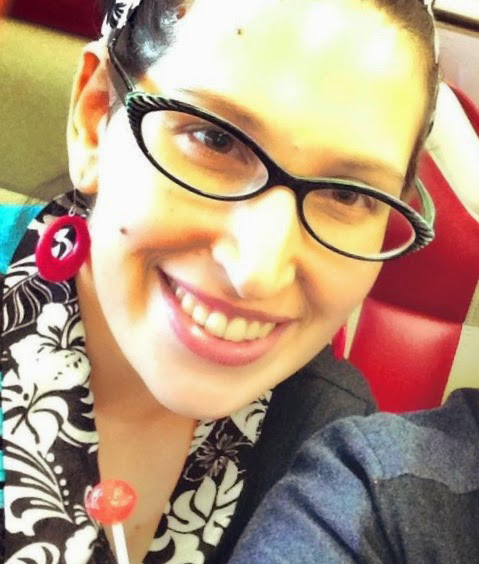
Our Sea to Sea for MBC journey began Monday, when I had the privilege of meeting with Dr. Balamurugan Kuppusamy, Staff Scientist at the National Cancer Institute (NCI) and his colleagues to hear about their research in cancer and the challenges they face.
I gave the typical METAvivor brief – how metastatic breast cancer (MBC) is different from early breast cancer, how mets research is so underfunded, the METAvivor mission, and our hopes for the future. What was most interesting to me, however, was the discussion that followed the briefing - about the challenges that impede their work. For some in this lab, it isn’t just the lack of funding, but the lack of tissue samples to work with! I assured the researchers that the patient community would gladly provide tissue if we felt that it would help them advance their research. It was clear to me that there is disconnect between the institutions that house our biopsy tissue and the researchers who could make good use of this material. Now this is a problem that advocates can work on!
This is when I realized that our Sea to Sea trip will provide an opportunity that I hadn’t expected – that of identifying how we can best help these scientists, who provide our best hope for improved therapies. Of course they need our funding, and with your help we will certainly continue to provide that. But it seems that there is more that we can do for them to remove barriers.
After a tour of the lab, Dr. Kuppusamy gave us a summary of the research that we are funding. His hypothesis is that CEBPD protein overexpression drives the highly malignant features of inflammatory breast cancer. The hope is that a new class of drugs called “histone deacetylase inhibitors”, or HDACi, will down regulate the CEBPD overexpression, and render the IBC cells more susceptible to chemotherapy and radiation.
Before leaving I shared the story of Seporah Raizer, who passed yesterday from inflammatory breast cancer. She was only 35 years old. She was a beautiful, vibrant, giving woman who left us far too soon. I hope that sharing her story will inspire the researchers to continue their work – it is so very important to us.
